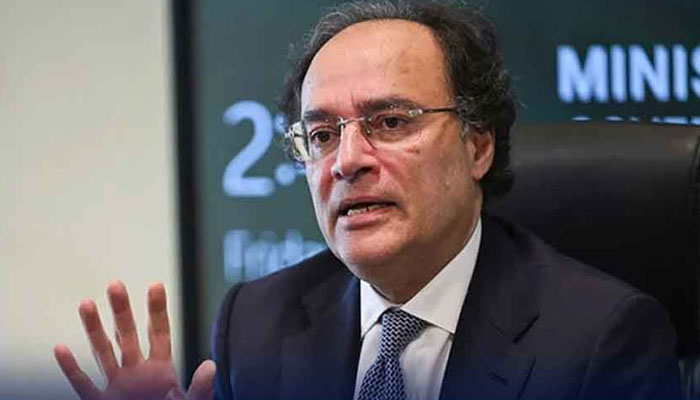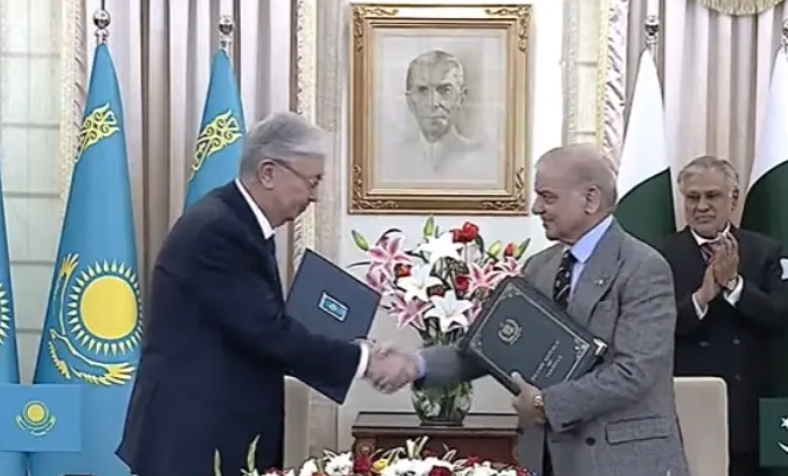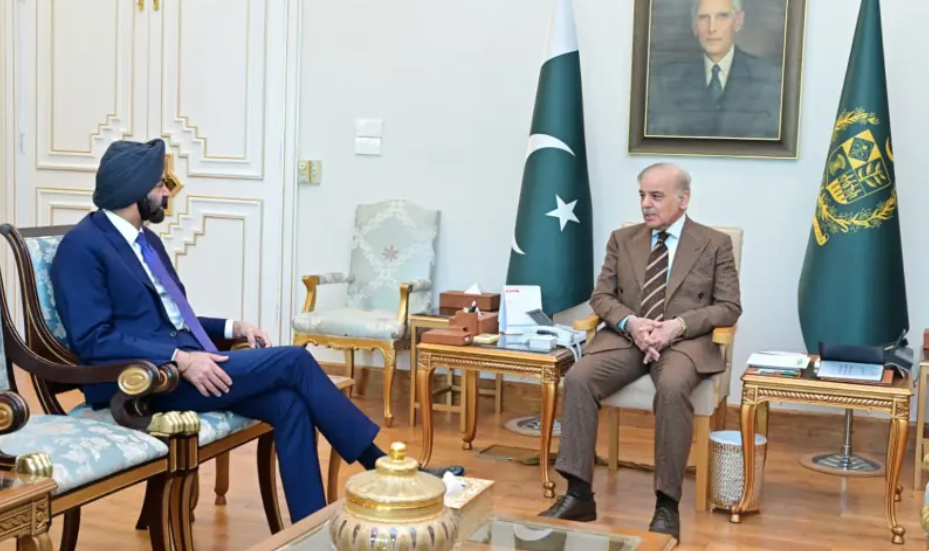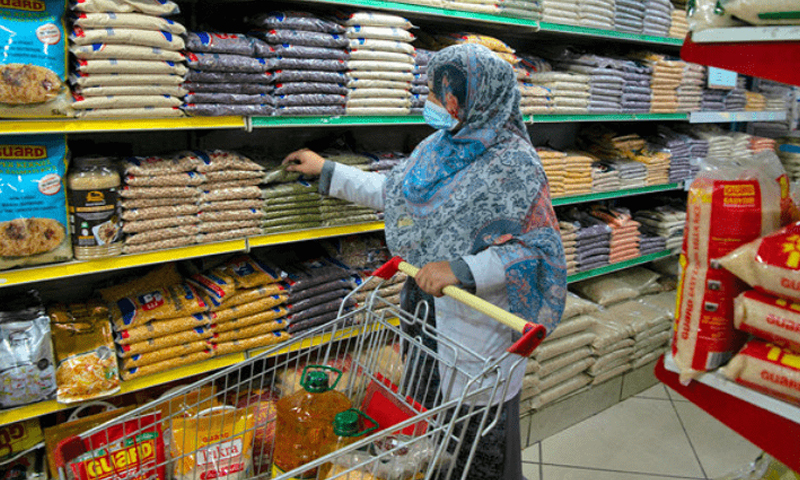TRADE & ECONOMY
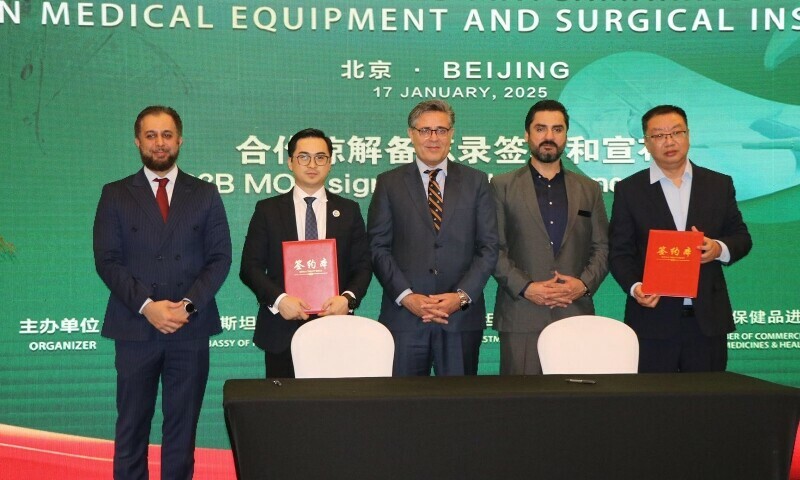
Pakistani and Chinese companies have inked memorandums of understanding (MoUs) worth $250 million to enhance trade and collaboration in the medical and surgical sectors. The agreements were signed during a China-Pakistan B2B matchmaking conference held in Beijing, as reported by the Associated Press of Pakistan (APP).
This significant development is a testament to the strong bilateral relations between Pakistan and China, which have been cemented through various joint projects, including the China-Pakistan Economic Corridor (CPEC). The conference, hosted by Pakistan’s embassy in Beijing in partnership with the Board of Investment (BOI), saw participation from over 80 Chinese companies and 20 Pakistani firms, both in person and online.
The Silk Road Assistance Industrial Internet Platform, a facilitator of cross-border business advisory services, signed agreements with Pakistan’s Sawuat, a dental and surgical instrument manufacturer, and Chinese pharmaceutical company UPH Biopharma. The collaboration is expected to encourage more Chinese companies to establish joint ventures in Pakistan’s growing medical sector, valued at over $600 million.
Ambassador Khalil Hashmi, Pakistan’s envoy to China, highlighted the immense potential of Pakistan’s medical industry at the event. He also announced the upcoming 4th Health, Engineering, and Minerals Show (HEMS), scheduled for April 17-19, 2025, in Lahore, focusing on surgical and medical instruments.
The conference marked the conclusion of the first series of seven B2B events initiated after Prime Minister Shehbaz Sharif’s visit to China in June 2024. During his visit, 32 MoUs were signed to foster trade and investment. More roadshows are planned, starting next month, to further enhance collaboration.
Chinese Perspective on Pakistan’s Medical Industry
Sunny Yang, CTO of the Silk Road Assistance platform, praised Pakistan’s competitive edge in the medical industry due to its vast market, tax incentives, and adherence to international standards. He emphasized the potential for Chinese technology to elevate Pakistan’s medical industry by enhancing areas such as image documentation and branding.
Zhou Hui, chairman of the China Chamber of Commerce for Import and Export of Medicines and Health Products, highlighted Pakistan’s abundant raw materials and large labor force. He encouraged Pakistani enterprises to stay updated on China’s medical regulations to maximize collaborative opportunities.
Future Projects in Focus
Muhammad Shahbaz, president of the China-Pakistan Medical Association, revealed plans for a China-Pakistan friendship hospital in Islamabad and a joint medical technology park. His association signed an agreement with a Hangzhou-based technology company to facilitate medical equipment trade, technology transfer, and joint ventures.
This $250 million milestone reflects the growing synergy between Pakistan and China, strengthening their partnership and opening new avenues for innovation and growth in the medical sector.
